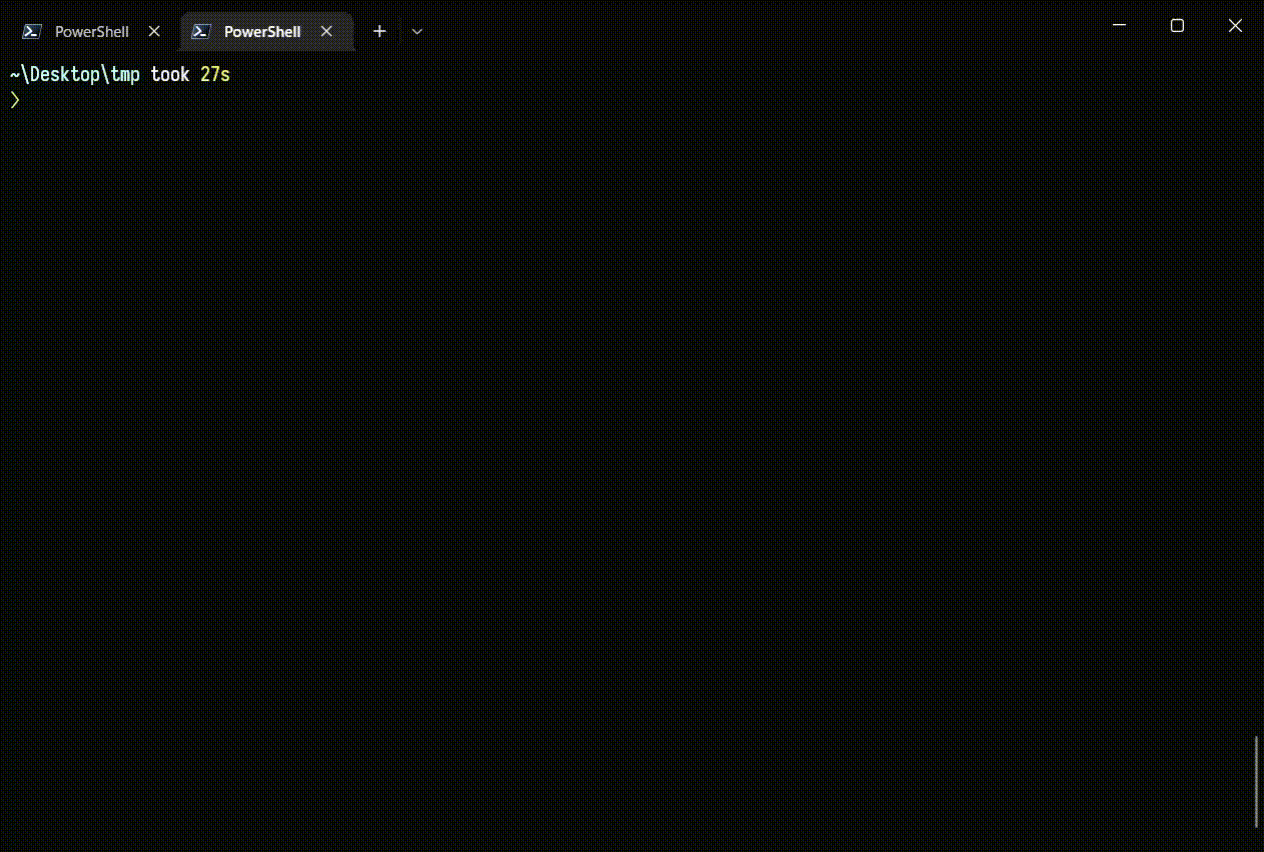nom-rule
A procedural macro for defining nom combinators in simple DSL. Requires nom v5.0+.
Dependencies
[dependencies]
nom = "7"
nom-rule = "0.2"
Syntax
The procedural macro rule! provided by this crate is designed for the ease of writing grammar spec as well as to improve maintainability, it follows these simple rules:
TOKEN: match the token by token kind. You should provide a parser to eat the next token if the token kind matched. it will get expanded intomatch_token(TOKEN).";": match the token by token text. You should provide a parser to eat the next token if the token text matched. it will get expanded intomatch_text(";")in this example.#fn_name: an external nom parser function. In the example above,identis a predefined parser for identifiers.a ~ b ~ c: a sequence of parsers to take one by one. It'll get expanded intonom::sequence::tuple.(...)+: one or more repeated patterns. It'll get expanded intonom::multi::many1.(...)*: zero or more repeated patterns. It'll get expanded intonom::multi::many0.(...)?: Optional parser. It'll get expanded intonom::combinator::opt.a | b | c: Choices between a, b, and c. It'll get expanded intonom::branch::alt.&a: Positive predicate. It'll get expanded intonom::combinator::map(nom::combinator::peek(a), |_| ()). Note that it doesn't consume the input.!a: Negative predicate. It'll get expanded intonom::combinator::not. Note that it doesn't consume the input.... : "description": Context description for error reporting. It'll get expanded intonom::error::context.
Example
Define match_text parser and match_token parser for your custom token type. You can use nom::combinator::fail as match_token if your parser use &str or &[u8] as input because you won't match on token kinds.
#[derive(Clone, Debug, PartialEq)]
struct Token<'a> {
kind: TokenKind,
text: &'a str,
span: Span,
}
#[derive(Clone, Copy, Debug, PartialEq)]
enum TokenKind {
Whitespace,
// Keywords
CREATE,
TABLE,
// Symbols
LParen,
RParen,
Semicolon,
Comma,
Ident,
}
fn match_text<'a, Error: ParseError<'a>>>(
text: &'a str,
) -> impl FnMut(Input<'a>) -> IResult<'a>, &'a Token<'a>, Error> {
move |i| satisfy(|token: &Token<'a>| token.text == text)(i)
}
fn match_token<'a, Error: ParseError<'a>>>(
kind: TokenKind,
) -> impl FnMut(Input<'a>) -> IResult<'a>, &'a Token<'a>, Error> {
move |i| satisfy(|token: &Token<'a>| token.kind == kind)(i)
}
Then give the two parser to nom_rule::rule! by wrapping it into a custom macro:
macro_rules! rule {
($($tt:tt)*) => {
nom_rule::rule!($crate::match_text, $crate::match_token, $($tt)*)
}
}
To define a parser for the SQL of creating table:
let mut rule = rule!(
CREATE ~ TABLE ~ #ident ~ "(" ~ (#ident ~ #ident ~ ","?)* ~ ")" ~ ";" : "CREATE TABLE statement"
);
It will get expanded into:
let mut rule =
nom::error::context(
"CREATE TABLE statement",
nom::sequence::tuple((
(crate::match_token)(CREATE),
(crate::match_token)(TABLE),
ident,
(crate::match_text)("("),
nom::multi::many0(nom::sequence::tuple((
ident,
ident,
nom::combinator::opt((crate::match_text)(",")),
))),
(crate::match_text)(")"),
(crate::match_text)(";"),
))
);
Auto Sequence (nightly only)
nom-rule is able to automatically insert ~ in the rule when necessary so that you get the example above working the same as the following:
let mut rule = rule!(
CREATE TABLE #ident "(" (#ident #ident ","?)* ")" ";" : "CREATE TABLE statement"
);
To enable this feature, you need to use a nightly channel rust complier, and add this to the Cargo.toml:
nom-rule = { version = "0.2", features = ["auto-sequence"] }




